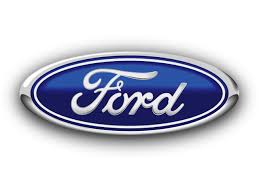Aerostar 2WD V6-245 4.0L (1990)

Fuel Injector: Testing and Inspection
NOTE:
Make sure injectors have been cleaned with an approved cleaner prior to testing.
The injector balance test is done to verify a balance distribution of fuel to all cylinders. Start by hooking up a fuel pressure gauge at the schrader valve or
Inline before the fuel pressure regulator (refer to gauge manufacturer instructions). Pressurize fuel rail by turning ignition on engine off (fuel pump
energized). The pressure should rise to maximum working pressure. Refer to SPECIFICATIONS. Remove injector harness connector and connect an
injector pulse tester, pulse one injector at a time. Allow pressure to rise and stabilize in between each injector tested.
NOTE:
The time each injector is pulsed is very important. Each injector should be pulsed at the same time interval, (example . . 1 ms each).
The rate of drop should be even across all the injectors. All pressure drops should be within 3% of each other, if not replace injector.
If there is no pressure drop when injector is pulsed, verify there is a good connection between the injector and pulse tester. If connection is good, a check
of the injector circuit is required. First, check the resistance of the injector, if resistance is OK verify there is power to injector by reconnecting the
injector harness connector and start the engine, use a "Noid" light to check for pulses (light off and on). If it does not light this is an indication of a
problem in the injection to ECM circuit. Refer to COMPUTERIZED ENGINE CONTROLS for further testing. If light pulses, recheck pressure drop
to verify malfunction.
NOTE:
It may not be possible to connect a noid light to the harness while connected to injector. If this is the case, connect noid to removed harness
and check pulses.
